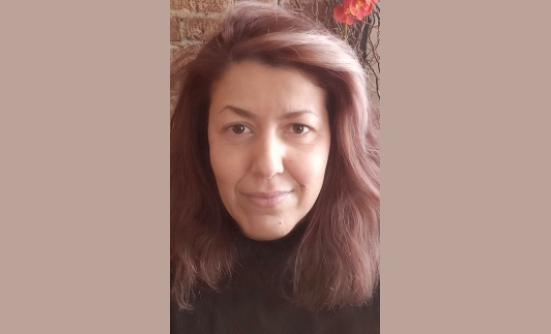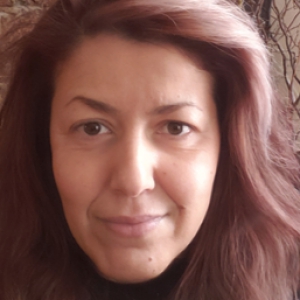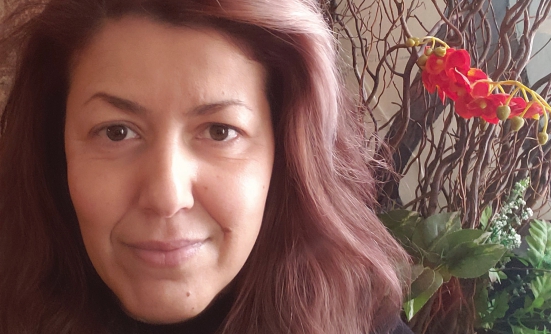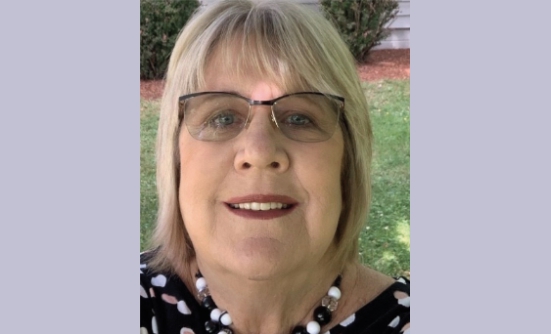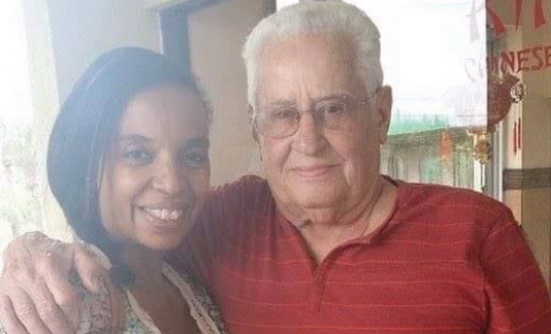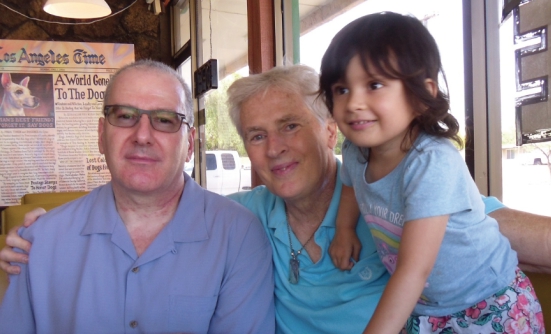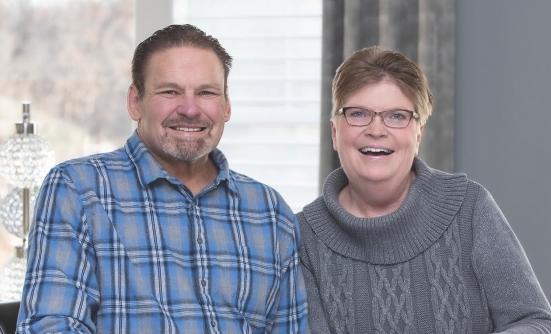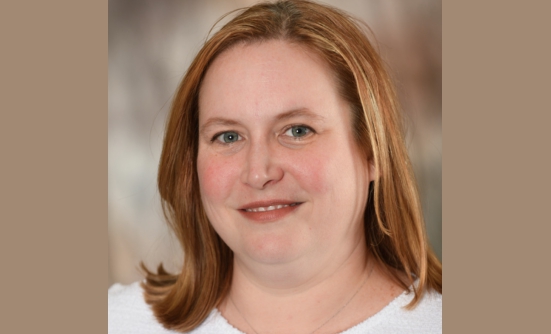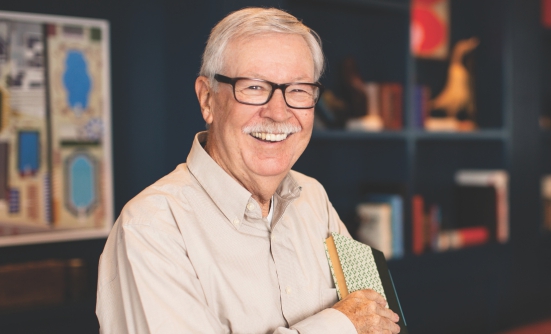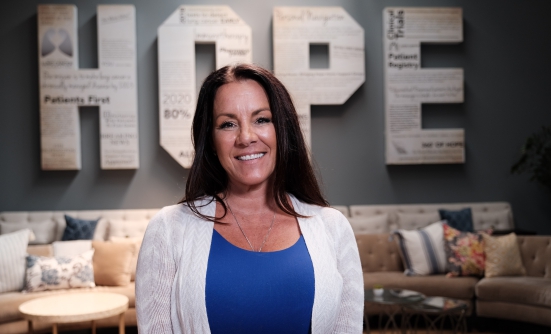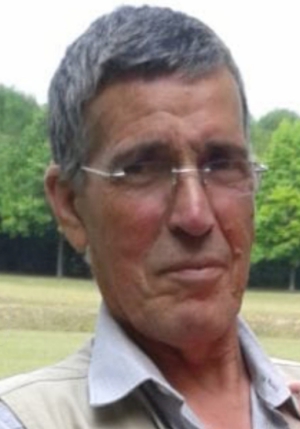
My dad passed away after a 3-year battle with metastatic colon cancer. The disease eventually claimed his body and his spirit, as I watched him spend his last few days struggling physically with pain, and mentally with anxiety and depression.
Insidious Anxiety
My dad’s anxiety was more prominent at night, when he was alone, because he was terrified by the idea of not being able to see daylight again. Although he could not express those feelings, I knew that he was experiencing intense anguish at night, which in turn caused his insomnia. I also knew that he had a few panic attacks at night, and that he kept himself from falling asleep until the sun rose again.
To my dad, cancer was tangible. It had distinct symptoms that could be potentially treated with medication, up to a certain point. His underlying anxiety, however, was invisible and, thus, terrifying. He did not know how anxiety was expressed and therefore he thought that his symptoms were a sign of his decaying mental capacity.
Leaving my dad alone at night in the hospital was the hardest thing for us to do, but it was also the best gift we could give him, because he needed to face his demons and regain his mental strength. Dying is less painful when a person is at peace than when one is terrified.
Disease by Proxy
Furthermore, my dad was not the only one who had been struggling with cancer for 3 years—our entire family had to battle the disease by proxy. We had to face deep despair during his bad days and intense anguish during his good days, because cancer is a rollercoaster of good days and bad days, without a plateau. We had eerie days, because none of the days were meaningful: the good days did not imply that his cancer was receding, and the bad days did not forewarn of impending death.
Anxiety is often a faithful companion for the family members of someone battling cancer. In my case, it was a silent and reliable companion—reliable, because it was always present, and silent, because I did not even know it was there. I was too busy trying to keep my dad’s spirit uplifted to worry about mine dropping, and I was too obsessed with finding out new and promising treatment options for him to realize that my own brain was no longer performing at its best.
My Anger and Appetite
Anxiety was engulfing my spirit as I lost sleep, ate a poor diet, and had anger outbursts. I felt so much anger that I could not control it. The anger would come in sudden bursts over seemingly insignificant things, but once the outburst had passed, tears flowed from my eyes.
I was really angry at my dad for not taking better care of himself, and at his cancer for just being there. Sadly, neither my dad nor his cancer could give validation to my fury, and therefore being angry at them was pointless. All I could do was repress my bundle of wrath deep within myself, hoping it would fade away, only to see it expressed as a mix of irritability and depression.
My relationship with food was also tainted with anxiety. My appetite was poor, but the craving for certain foods was high. I particularly noticed being drawn to bland foods lacking nutrients, such as plain pasta or French fries, while also craving chocolate and other sweets.
In hindsight, I think that my diet was a reflection of the duality between the 2 dominant emotions controlling my spirit at that time—depression and anxiety—the former was bland and lackluster, the latter was stirring and flitting.
Sadness Pouring Out of Me
When my dad passed away, I was shocked, but not surprised. I did not fall apart as I had often imagined, and although anxiety had not taken over, sadness has been continuously pouring out of me, even months later. I don’t know how long this grieving will take, or if anything will change in me, but all I can do is take it one day at a time.
I love you dad, and I miss you.





